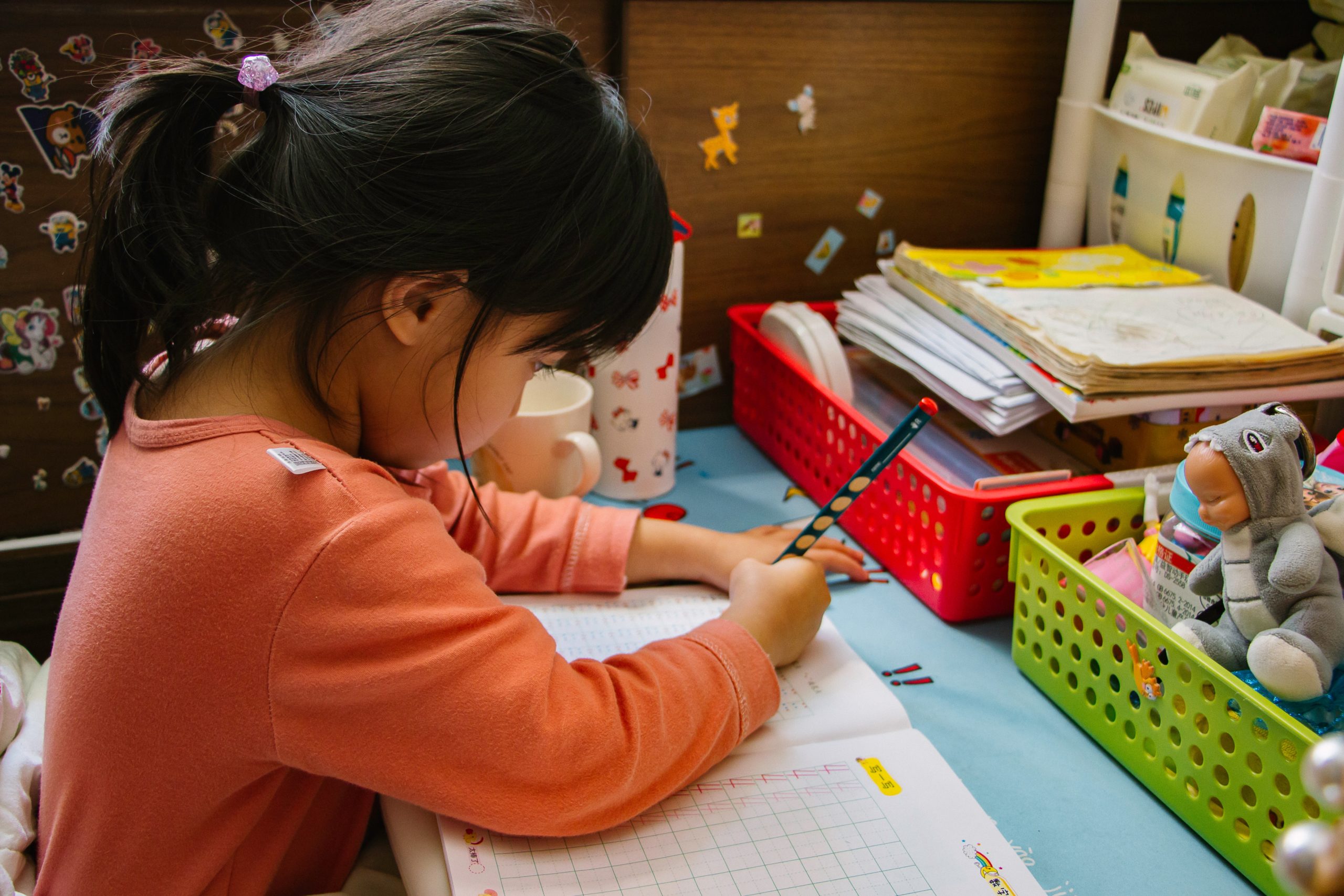
2022 Issues Guide: Early Childhood Policies
Where We Stand:
Every child deserves to have high quality early childhood experiences to assure that they are ready for school and life.
Fast Facts:
- Approximately 50% of the state of Arizona is a child care desert[1]
- In Arizona, there are 304,180 children in need of childcare and only 234,280 child care slots, which means 76,740 children who are in need of child care do not have access to it
- The Arizona Early Learning Progress Meter goal is for 35% of 3- and 4-year old children to be enrolled in quality early learning settings by 2030- current enrollment is at a mere 17%, and moving backwards
- Arizona is facing an early childhood education funding cliff as federal COVID-19 funds that bridged state funding gaps in the system will run out in 2024
- Annual average cost of center-based infant care is $11,017; average annual cost of home-based infant care is $7,509; even with assistance, child care is cost prohibitive for most Arizona families
At Children’s Action Alliance, we believe that a strong start in life leads to a successful future. As the cost of living continues to rise, providing all families with the resources and services they need to thrive is of the utmost importance. We believe that the state must take an active role in lifting up families as a means of supporting the most vulnerable years in a child’s life.
These early experiences shape a child’s lifelong learning as human brain development occurs most rapidly and dramatically in the first three years of life. For every $1 spent on early childhood, up to $16 are saved through decreased special education, social welfare, and crime-related costs. Investments early in life also increase high school and college graduations and spur economic development.
2023 Early Childhood Legislative Priorities
Expand Access to Child Care- Child Care Provider Rate Increases
Last year, federal funds were distributed to Arizona to aid the child care network in recovering and rebuilding from the COVID-19 pandemic. These funds helped stabilize access to quality child care by increasing child care provider rates to the 50th and 75th percentile of the 2018 Market Rate Survey.State investment to keep child care provider rates at the federal benchmark and to support the growth and sustainability of Arizona’s child care network is essential.
Expansion of Mental Health Consultation- Smart SupportTM
Smart SupportTM is a unique program that offers early childhood mental health consultation for child care providers to promote the social and emotional development of all children in care, and help providers respond to children with behavioral challenges. Mental health consultation programs are a proven approach to supporting the healthy development of all children in care and state investment is necessary for child care centers working to maximize the quality of their services.
Support for the Strong Families AZ Home Visiting System- Nurse-Family Partnership
Due to expiring grant funds, two Arizona agencies that deliver the evidence-based Nurse-Family Partnership (NFP) nurse home visiting program to low-income, first-time moms and their babies will have to discontinue services for up to 200 families in Maricopa & Pima Counties. NFP is part of the continuum of the Strong Families AZ home visiting system, which provides voluntary, in-home services and support for parents and caretakers of young children. State funding is required to prevent this loss of services, and extend Nurse-Family Partnership nurse home visiting services to other families in need in Arizona.
Expand Access to High Quality Early Learning Settings
Every child, in every community, in every corner of Arizona should have options for high quality early childhood education. High quality early childhood programs that include comprehensive services have been strongly linked to both academic and life skills success among children. Research shows children who come from families with several risk factors show the most gain from access to high quality early childhood programs.[2] The High Quality Early Learning Grant (HQEL) provided by Arizona Department of Education (ADE) Early Childhood Education (ECE) offers an opportunity for children and families to access high quality early learning settings by allocating funds to programs located in high needs communities (HNC).[3] To increase and expand access to high quality early care and education to more of Arizona’s children living in high need communities, who may not otherwise have access to high quality early learning settings prior to kindergarten entry, additional state investment should be appropriated for the HQEL grant program.
[1] A child care desert is any census tract with more than 50 children under age 5 that contains either no child care providers or so few options that there are more than three times as many children as licensed child care slots.” 50% of the state is a child care desert. That not only includes rural areas but also include urban areas including south phoenix. Retrieved from: https://childcaredeserts.org/2018/
[2] Retrieved from https://www.azed.gov/ece/hqel
[3] Ibid
